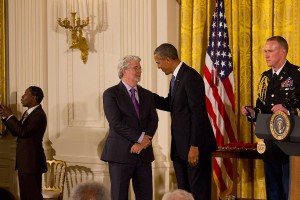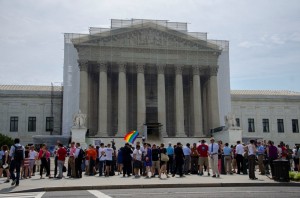WASHINGTON – On the same day the Senate passed an immigration reform bill, a small group of House Republicans voiced concerns over border security problems.
Republican members of the House Subcommittee on National Security on Oversight and Government Reform brought up numerous concerns for border patrol executives about a new report and border security in general at a hearing Thursday. The Government Accountability Office testified about a report, also released Thursday, that said a $1 billion tax-funded border security program had failed. The Secure Border Initiative Network used technology to create a so-called “virtual fence.” Deemed a failure four years after it began, the program was shut down in 2011. “I know you can never satisfy any government agency’s appetite for money or land, but I’m really skeptical as to whether we can officially and effectively spend all the money we’re throwing at this effort,” Rep. John J. Duncan, R-Tenn., said. Rep. Jason Chaffetz, R-Utah, the subcommittee chair, said his main concern is that border agents do not track immigrants and international visitors when they leave the United States.



